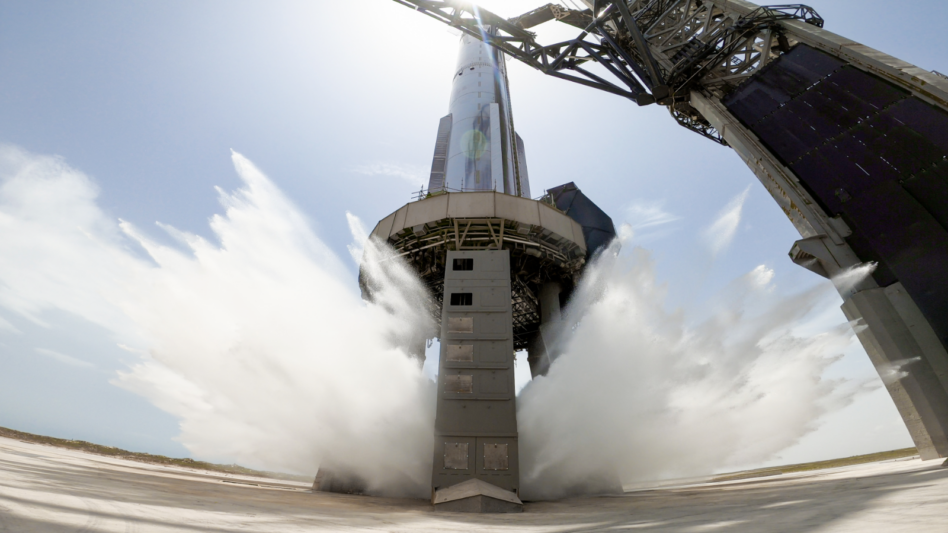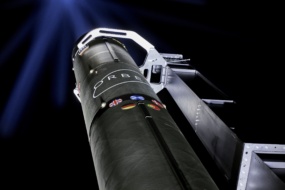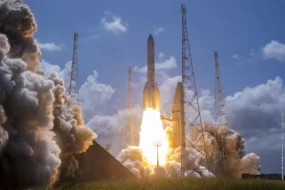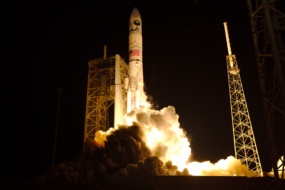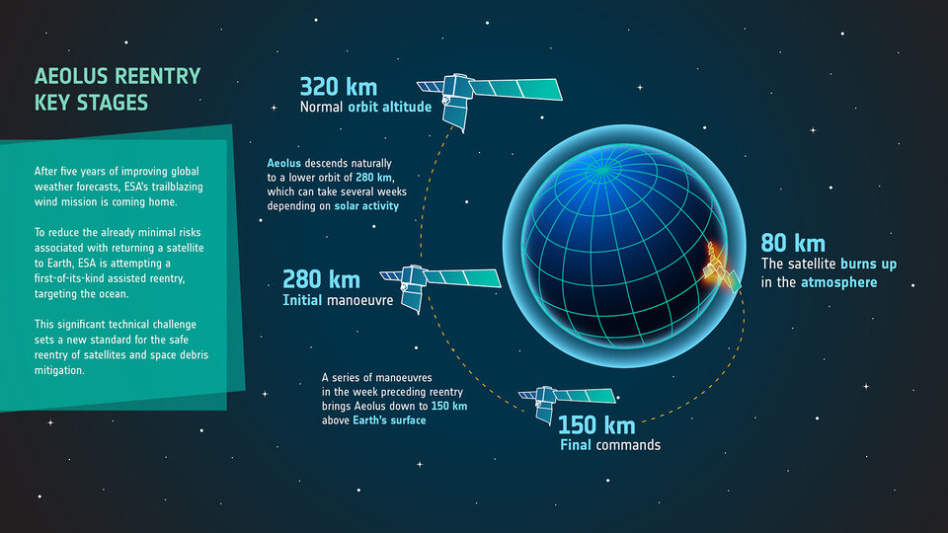SpaceX completed the first full-throttle test of its water deluge system at Starbase on Friday, setting the stage for a Super Heavy booster static fire on the new system.
“New water deluge system to protect against the immense heat & force of Starship launch,” Elon Musk tweeted after the test.
The system: The water-cooled steel plate was installed underneath Starship’s orbital launch mount (OLM) to diffuse the energy from 33 Raptor engines after the rocket’s first orbital launch attempt this spring did serious damage to the pad and scattered debris for miles.
The operation is straightforward: water is ejected upwards through perforations in the steel plate—think an upside-down shower head—meeting the intense Raptor’s flame during liftoff. The collision should disperse the energy into steam, preventing damage to the OLM.
It is an age-old battle of water vs. fire, and SpaceX is betting water will be crowned champ.
Test results: Friday’s test seemed to work as advertised, with the deluge system spewing out water at incredibly high pressure for ~25 seconds. The water was shot out at a 45-degree angle so as not to damage the engines themselves.
While the test represents a key milestone in Starship’s return to flight quest, the system also opens up a new regulatory can of worms.
Wastewater issue: SpaceX has yet to obtain a regulatory permit to discharge wastewater on the protected Boca Chica lands, CNBC reports. While it is unclear whether the resulting water discharge is detrimental to the surrounding environment, or if it even warrants government approval, it does raise another regulatory question before Starship can retake flight.
